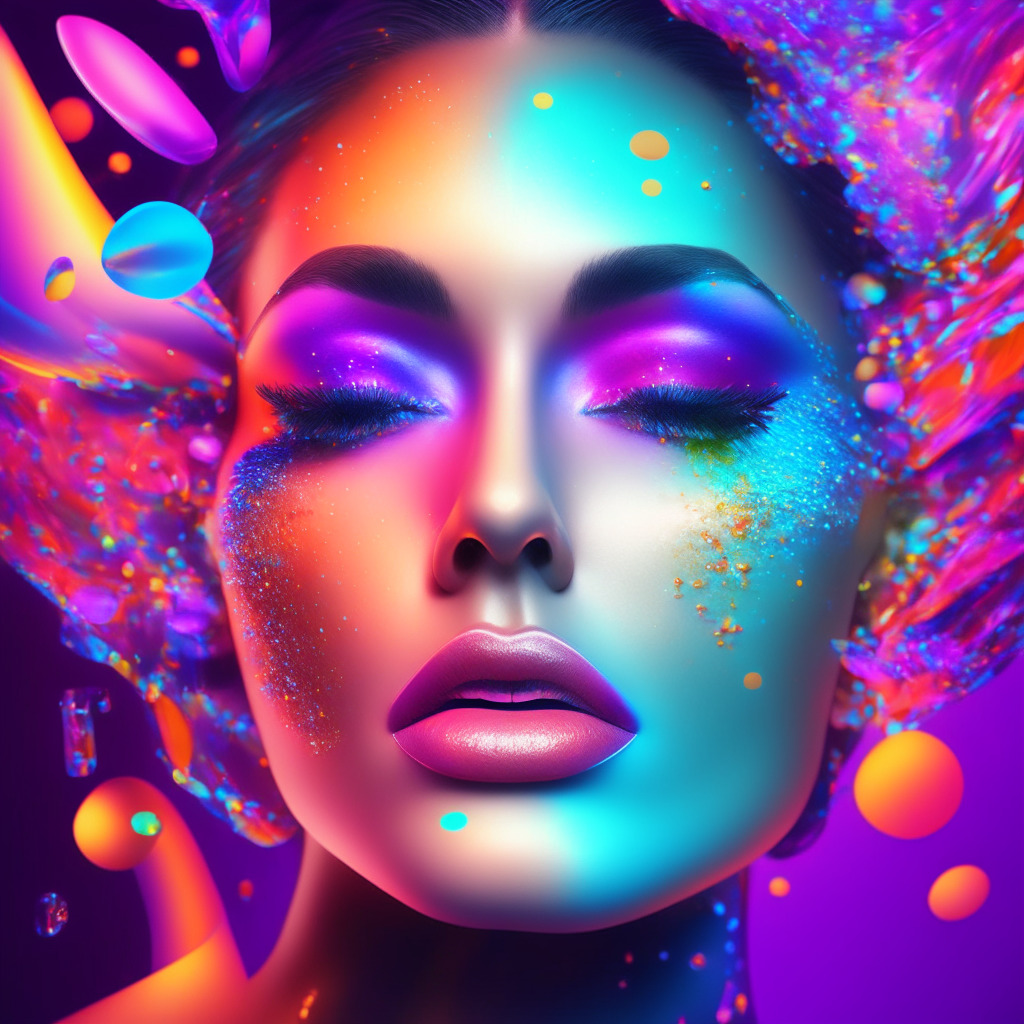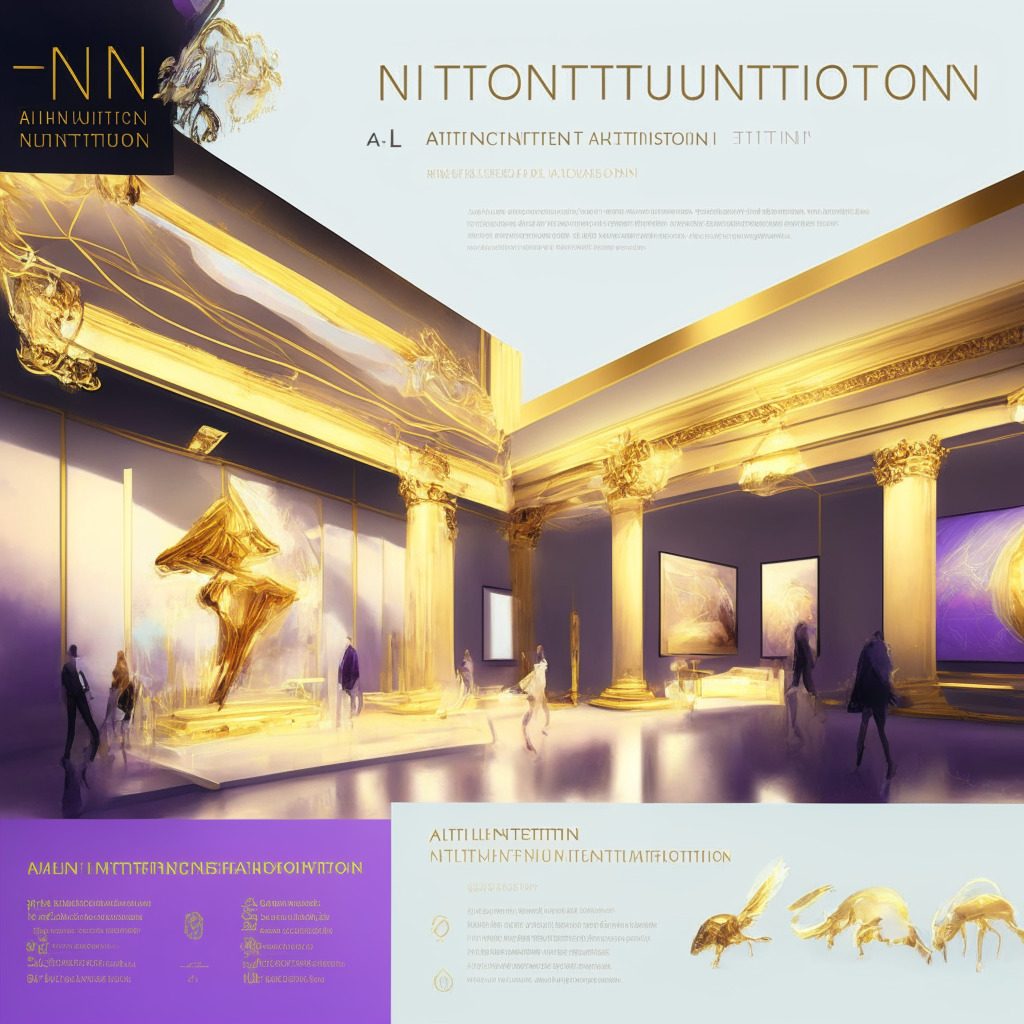Creative collaborations play a crucial role in beauty and fashion industries, and as Web3 continues to rise, leading beauty brands seek to engage Web3-native consumers through digital artistry and innovative technology. One such example is NYX Professional Makeup, which launched GORJS, the first beauty-focused decentralized autonomous organization (DAO) to highlight creators building beauty experiences within the Web3 ecosystem. In the metaverse, digital expression presents unique opportunities for skincare and makeup enthusiasts, with brands like NYX tapping into the metaverse space for new forms of self-expression.
Not only do digital spaces make self-expression possible, but they can also provide physical safety in politically polarized environments. NYX’s collaboration with inclusive avatar company People Of Crypto (POC) and The Sandbox for Pride Month offers a glimpse into a more immersive digital future, enabling people of diverse personalities and identities to express themselves through skins and digital goods. This practical application of Web3 technology makes it an interesting venture for beauty and fashion brands like Ulta Beauty, who has been experimenting with digital activations on Roblox since 2022.
Blockchain technology may also alleviate some of the more significant challenges faced by the beauty industry, such as greenwashing. Beauty brands have experienced increased scrutiny in recent years for the transparency of their products and ingredients. Blockchain-based platforms, like the one French luxury skincare company Clarins has developed, can help customers trace their products’ manufacturing journey, ensuring eco-friendly and cruelty-free practices. In addition, blockchain can help eliminate counterfeit products, as demonstrated by the launch of a blockchain by luxury fashion giant LMVH to authenticate Louis Vuitton bags and Parfums Christian Dior.
Blockchain experiments also extend to rewarding consumers for their purchases in the form of bitcoin “cash-back” programs via bitcoin satoshis. As beauty brands strive to create lasting impacts among their existing and emerging customer base through the integration of Web3 technology, Leya Kaufman, the head of brand, publisher, and senior vice president of sales at media company Coveteur, acknowledges that “this is a process and it will take time.” Coveteur has partnered with hair care company Wella Professionals and Web3 infrastructure provider MoonPay to launch The Wella Generator, a gamified digital sweepstakes hosted on the Ethereum blockchain.ETH.
Despite the initial growing pains, digital identity is becoming an increasingly important aspect of consumers’ lives, and as people desire to feel good about their appearance and shopping habits, both on and off-chain, it appears that blockchain technology is paving the way for a more sustainable and innovative future within the beauty industry.
Source: Coindesk




